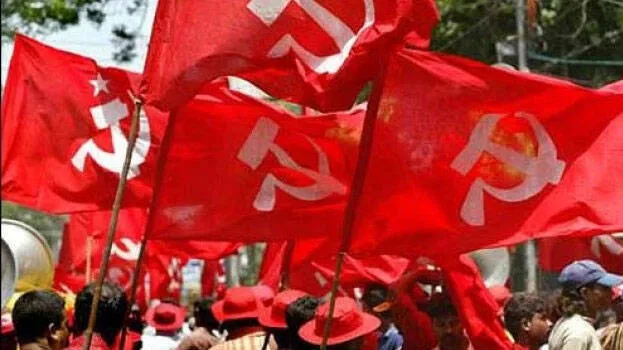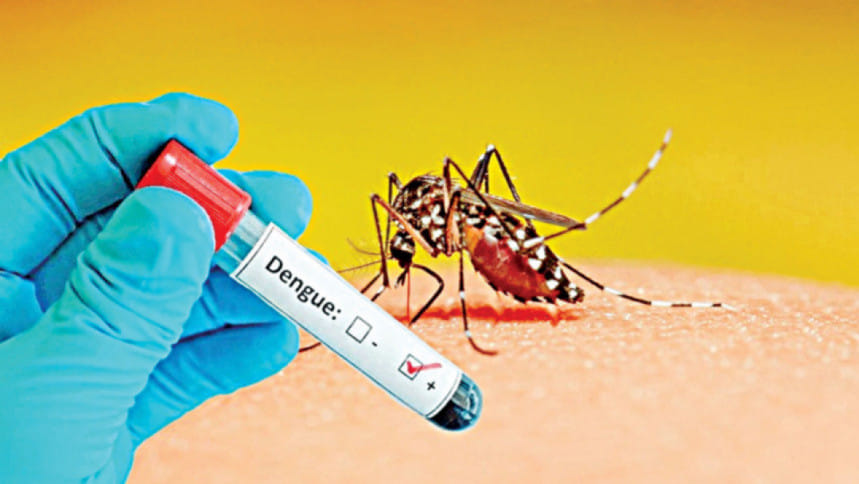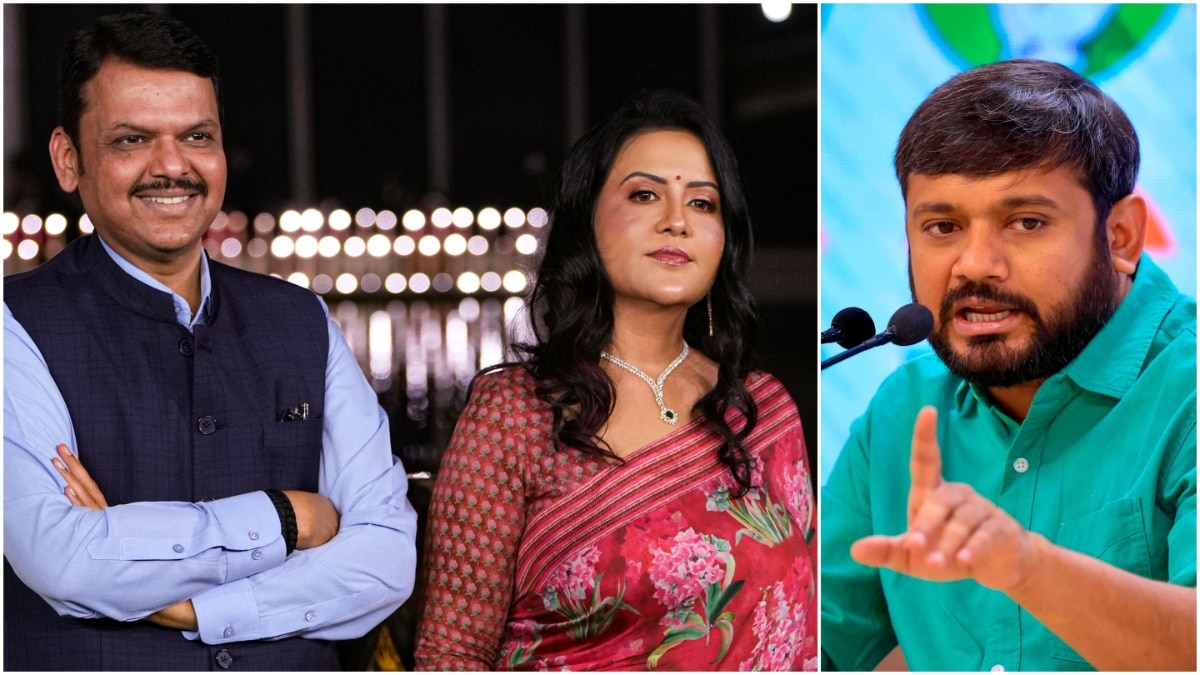
During the last week, the issue concerning the implementation of the much-hyped Prime Minister’s Special Scholarship Scheme (PMSSS) once again got a spotlight after 35 B.Sc nursing students of Mewar University in Rajasthan were suspended by the varsity administration. The students were suspended, a day after they staged their protest over their enrollment in an unrecognised B.
Sc Nursing course by the varsity administration. Surprisingly, the suspension order was revoked within 24 hours and all the students were allowed to join the classes as per routine. Amid this chaos, the only thing which is yet to be answered is, if the course was recognised by the Rajasthan Nursing Council as well as by the Indian Nursing Council.
Even as the suspension order was revoked, the main issue is yet to be resolved. Amid this debacle wherein the students are suspended for raising voice over their genuine concerns, there is a pressing need for change in the higher education landscape of Jammu and Kashmir. Over the past many years, the Kashmiri students, particularly those enrolled in different colleges and universities under PMSSS, year after year, face numerous challenges when they leave the Valley to pursue higher education outside J&K.
From intimidation to institutional issues, the journey of these students is fraught with difficulties. Excluding those students enrolled under PMSSS, approximately Rs 1500 crore leaves Valley annually as thousands of students migrate to other states to pursue professional and higher studies. Going back to the 2020 situation that arose post nationwide lockdown called in view of Covid-19 pandemic, the J&K government itself stated that over 10,000 Kashmiri students stranded outside in different states registered their names for their return to the Valley.
These are excluding the students who had already returned to the valley on their own. The issues faced by the Kashmiri students came to the fore at a time when the J&K government in recent years established 52 government degree colleges in addition to the already 96 degree colleges in Jammu and Kashmir. Despite increasing the number of colleges, these higher educational institutions are facing a major challenge of enrollment decline which forced the J&Ks Higher Education Department (HED) to seek feedback and suggestions from all the college principals to address the issue.
Besides establishing new colleges, the J&K government should have prioritised establishing 10 to 20 professional colleges in the Valley which could have served the purpose of providing education to those students who find no option to stay here for pursuing their higher studies. Instead of offering the same old courses in new colleges, the government should have done an assessment to ascertain the relevance of the courses as per the market demand which could have stopped the brain drain. Another option available with the government is to encourage the private education sector to set up degree colleges in the Valley.
If we take a look at some top notch private schools in the Valley, they can easily start undergraduate courses in their institutions given the availability of the land and infrastructure, which is most probably much more than what is available in some of the government-run degree colleges across J&K. Also, the J&K government in 2020 introduced the much hyped Education Investment Policy (EIP) saying that the policy holds the potential to transform J&K’s educational landscape. The government’s pledge to create a single-window clearance system for investors to establish private universities and colleges could greatly benefit the state.
However, the promises made under the EIP have largely remained on paper, with minimal progress on the ground. Now coming back to PMSSS- a scheme which was launched in the academic year 2011-12 for the J&K students and Ladakh to pursue their higher education in outside colleges. The scheme is administered by the All India Council for Technical Education (AICTE).
While the scheme was launched to provide a platform for the J&K students to pursue their higher education, the J&K government, considering the ground situation of its own colleges in terms of the students enrollment, should have taken up the case with Government of India (GoI) to extend the benefit of Prime Minister’s Special Scholarship Scheme (PMSSS) to J&K colleges which will not only increase the student enrollment in colleges but will also stop students moving to outside states to pursue higher education. Every year, almost more than 3000 students move out to pursue different undergraduate and professional courses in outside colleges under PMSSS free of cost. Even if the scheme was launched by GoI for the Valley students but in other ways, the scheme is giving much benefit to most of the colleges in other states which were at the verge of closure due to decline in enrollment.
If the scheme is launched for the benefit of students then why do they need to leave their home to avail it. The government should consider the grave issue and review the implementation part of the scheme so that the students avail this benefit from colleges within the Valley. Following the Mewar University incident, the Education Minister earlier stated that the issues faced by the students enrolled under PMSSS, will be discussed with the counterparts.
Discussing issues with counterparts may bring timely relief to the students while the major issue will remain unaddressed. It is high time for the J&K Government to engage with the private partners and look ahead to establish colleges for the benefit of the students and economy of Jammu and Kashmir. Let both the sectors join hands and heads and see the colleges in the private sector flourish.
The option is more fruitful than being in competition with each other, resulting in the draining out of crores of rupees from the Valley to outside states..














